Blooming “garden” smells of xenophobia Germany’s migration debate under scrutiny
Blooming “garden,” as the now former EU High Representative for Foreign Affairs and Security Policy Josep Borrell once called Europe, continues to reek. While in France, the perennial government crisis—coupled with scandals over museum thefts—has become proverbial, in Germany (and beyond), individual remarks from Chancellor Friedrich Merz’s speech during his visit to Potsdam on October 14 are still being actively discussed. In particular, he said: “We have made significant progress on the issue of migration… But, of course, this problem still exists in the appearance of our cities. Therefore, the Interior Minister is now actively working on expanding the possibilities for deportations.” Merz linked this very “appearance” (presence of trash, crime, and neglect) to a large number of migrants.
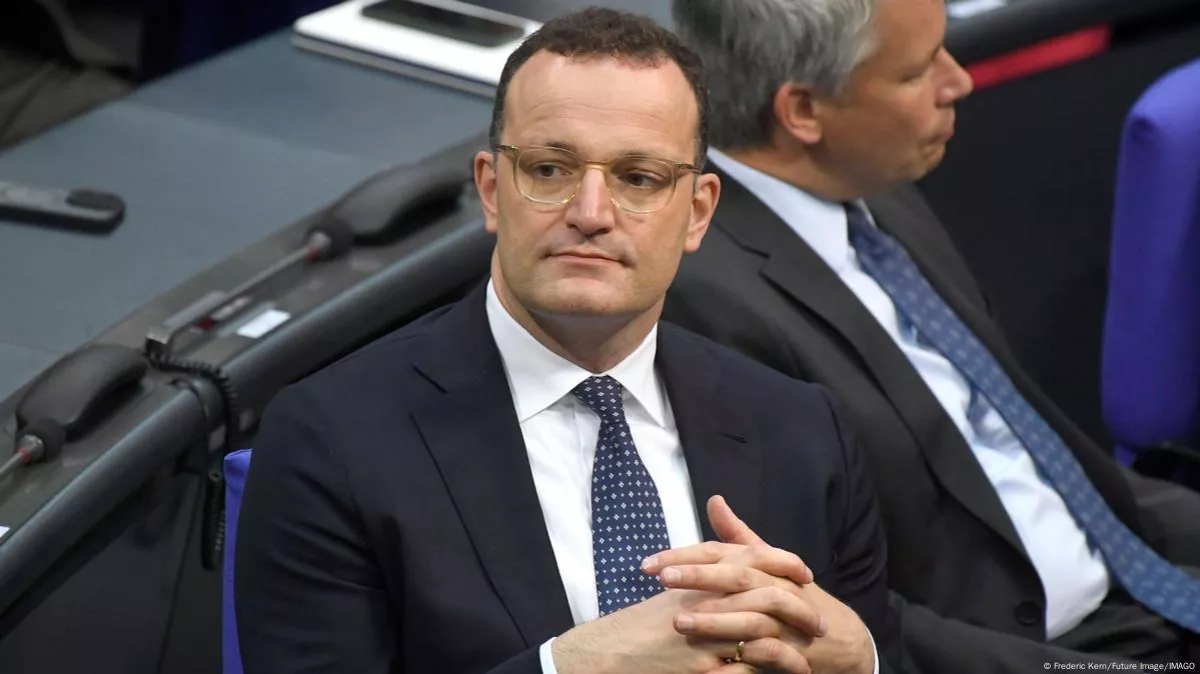
The head of the CDU/CSU faction in the Bundestag, Jens Spahn, supported Merz’s position, while Berlin’s mayor, Kai Wegner, acknowledged the city’s problems with violence, litter, and crime but rejected a direct link between these issues and nationality.
At the same time, the chancellor faced accusations of deepening divisions in German society—not only from opposition parties like Alliance 90/The Greens and The Left but also from the Social Democrats within the ruling coalition.
However, the criticism did not stop Merz. On October 20, he refused to apologise to migrants and added the following to his controversial statement: “I have nothing to apologise for—on the contrary. I emphasise once again: we need to make changes. Ask your children, daughters, friends, and acquaintances—they will all confirm that this is a problem, at least after dark.”
The chancellor’s final remark led to a demonstration in Berlin on October 21. Participants—estimated at up to 10,000 people—unequivocally condemned Merz’s views. Importantly, judging by photos circulated in German media, many of the demonstrators holding signs reading “Shame on Germany” were clearly not of Muslim origin, which, of course, is somewhat reassuring. The slogans—“It’s 2025, not 1941” and “He’s back”—were interpreted by experts as drawing a parallel between the current chancellor and Hitler.
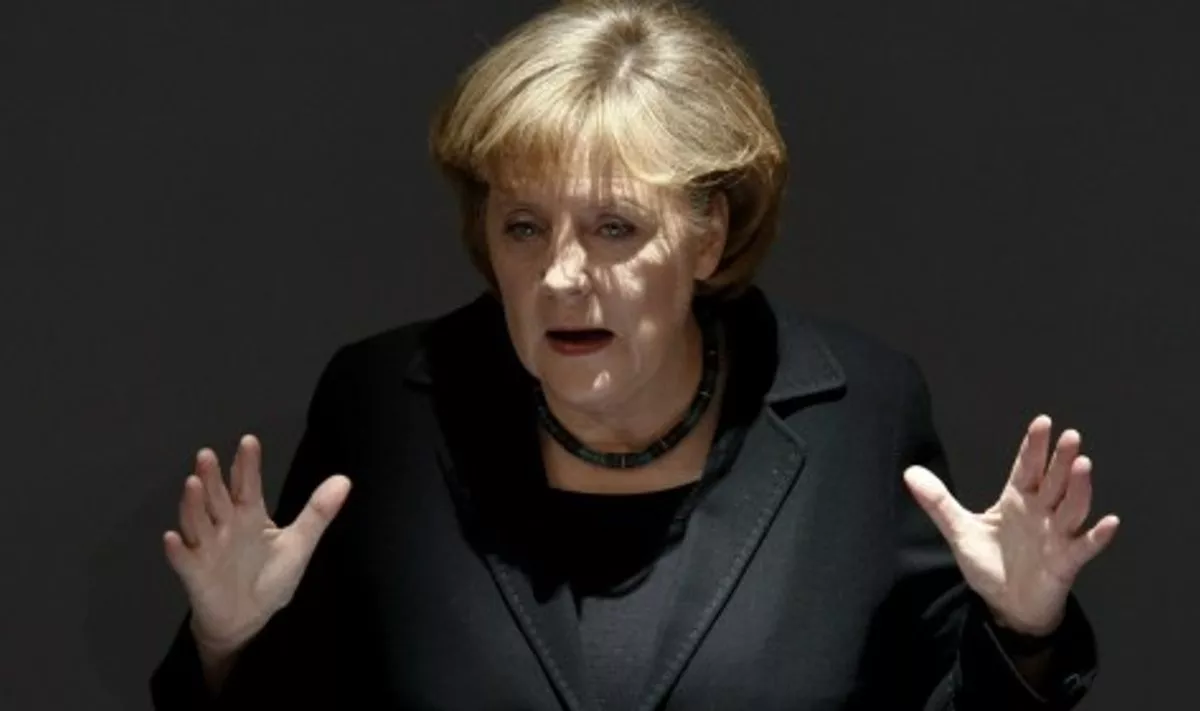
It is highly symptomatic that Merz’s words trace a direct line back to former Chancellor Angela Merkel’s 2010 statement on the failure of Germany’s multicultural approach to migration. At the time, she sought to soften the rhetoric, emphasising that the authorities did not want to give outsiders the impression that Germany was unwilling to welcome those who could not immediately speak German or had not been raised in a German-speaking environment.

In reality, the situation in Germany gradually worsened, culminating in 2018 with Mesut Özil’s decision to step down from the German national football team—a team of which he was unquestionably one of the most prominent figures. Citing “racism and disrespect” as his reasons, Özil stated: “I am German when we win, and a migrant when we lose.” He went on to provide concrete examples, highlighting that “people with a racist past should not work in the world’s largest football federation, where athletes come from diverse backgrounds beyond a single country.”
Merz’s statements show that the chancellor has no intention of calming tensions. But can it be otherwise, considering that, according to the German Federal Statistical Office, immigrants and their descendants accounted for roughly 26% of all employed residents in Germany in 2024? Most work as welders, cooks, and construction workers, while their representation is lowest among police officers, civil servants, insurance employees, primary school teachers, lawyers, and tax officials.
Are any further comments really necessary here?
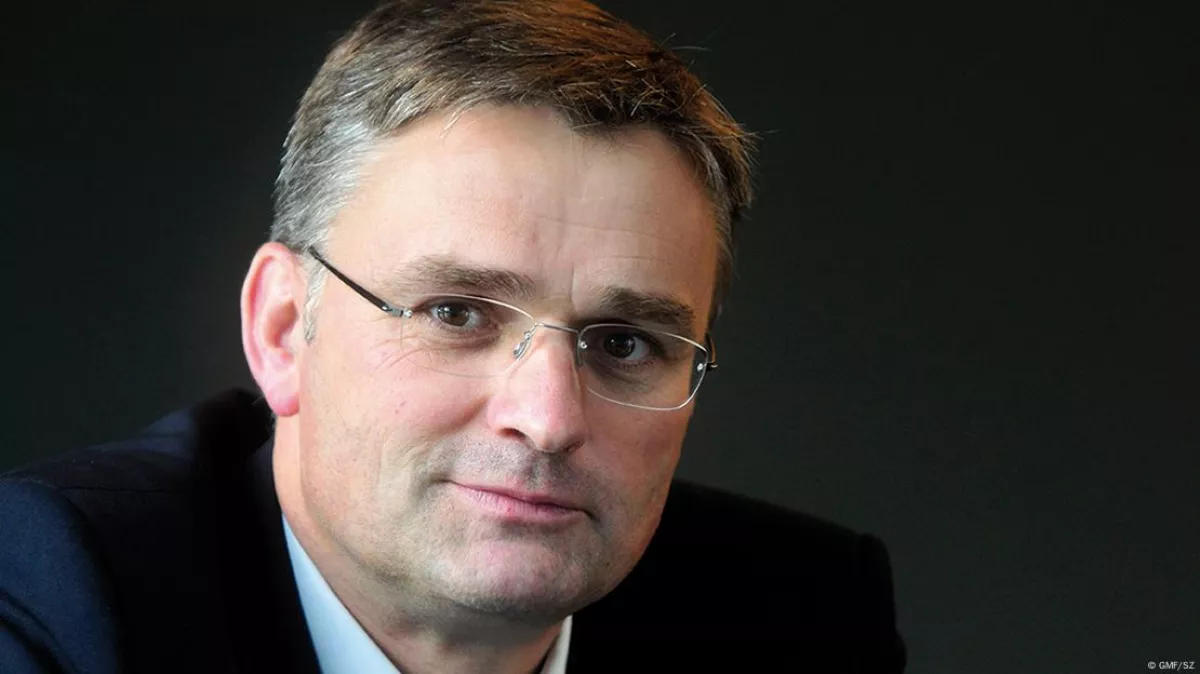
In fact, some of Merz’s supporters have already tried, in the immediate aftermath of his Potsdam statements, to soften their impact. In particular, German government spokesperson Stefan Cornelius noted: “You are reading too much into what was said in Potsdam,” emphasising that Merz always speaks against allowing migration policy to lead to social isolation and advocates for a uniformly regulated immigration system.
Certainly, it sounds nice. But even with the best intentions, Merz’s October speeches cannot escape anti-migrant undertones, which imply blaming this group for all of the country’s problems—many of which arose from government incompetence and policy failures.
It is, in fact, quite ironic when leaders of any country declare a “failure of multiculturalism.” How could it fail if society itself does not even understand what it actually entails?
Multiculturalism either exists or it does not. It cannot be implemented or imposed by decree.
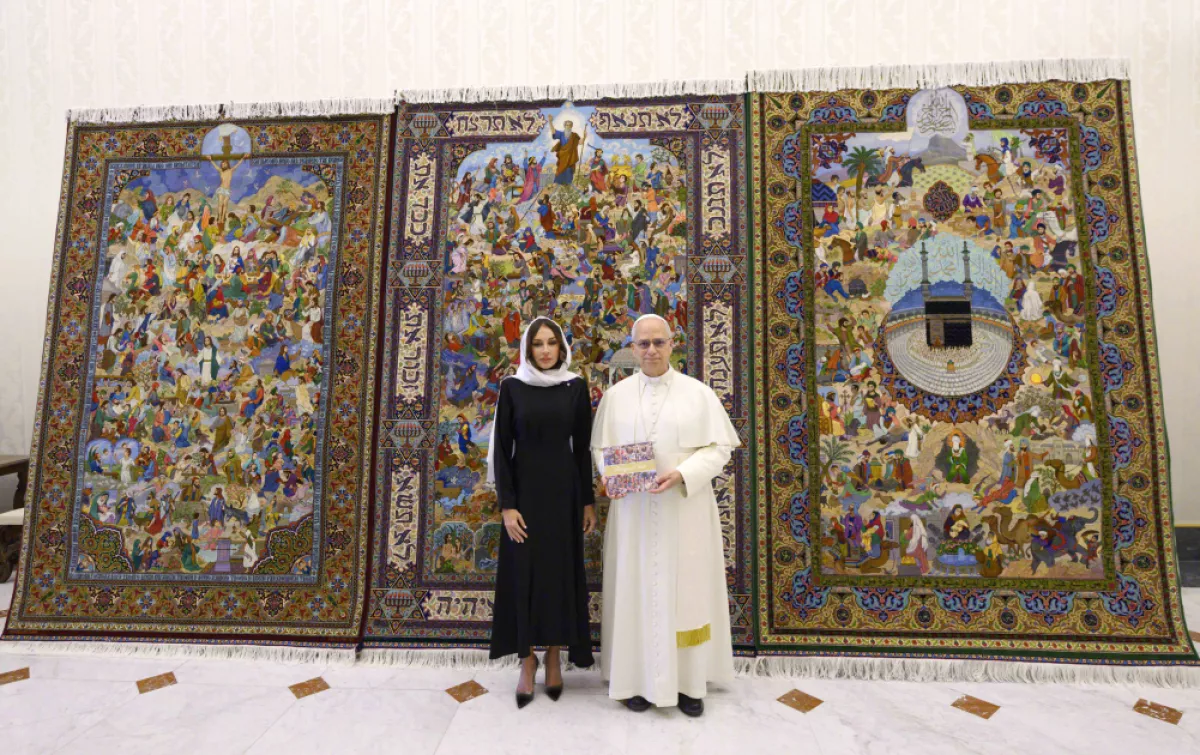
This is confirmed, for example, by a concrete event on October 22, 2025, when a triptych created by Azerbaijani carpet makers as part of the Heavenly Religions project was presented at the Vatican. The artwork, showcased during a meeting between Azerbaijan’s First Vice-President Mehriban Aliyeva and Pope Leo XIV, is dedicated to Judaism, Christianity, and Islam. It has become a symbol of unity among religions and cultures, expressing values common to all humanity—peace, compassion, and justice.
In this light, it is clear how profoundly this initiative embodies the universal values rooted in Azerbaijani culture.
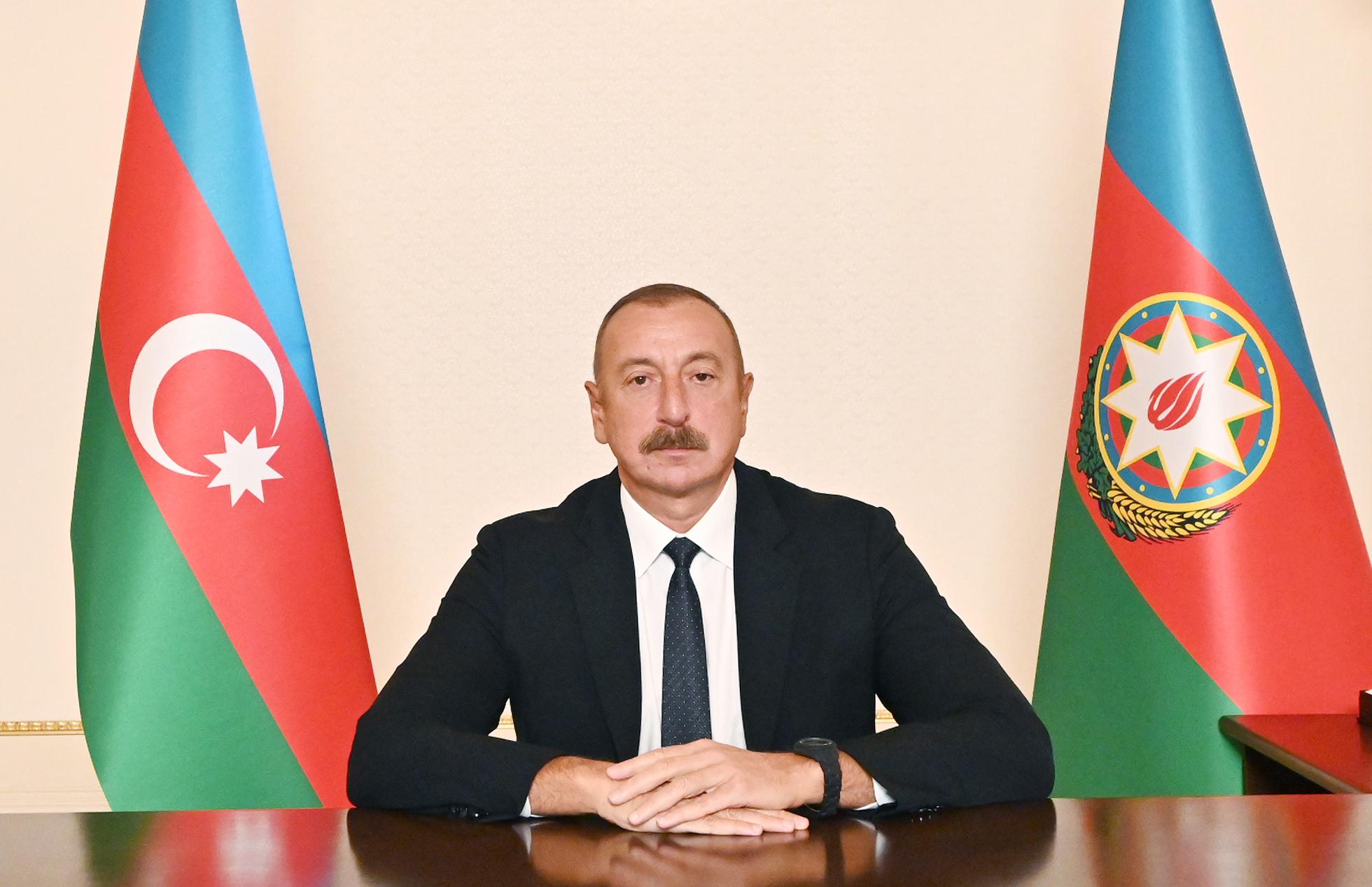
As President Ilham Aliyev emphasised a few days ago: “Azerbaijan has historically been a unique space where various civilizations have converged, and cultures, religions, and traditions have formed through mutual influence.”
The coexistence of “representatives of all religions and ethnic groups, grounded in mutual respect, trust, and harmony, has played an important role in socio-political development. The preservation of multiculturalism and traditions of tolerance is an integral part of the social-cultural foundations of Azerbaijani society and constitutes one of the main directions of state policy.”
In this context, Azerbaijan consistently promotes harmonious relations between different cultures on the international stage, developing initiatives based on intercivilisational dialogue.
Those who call themselves a blooming “garden” would do well to take a page from Azerbaijan’s example, lest they wither completely.








